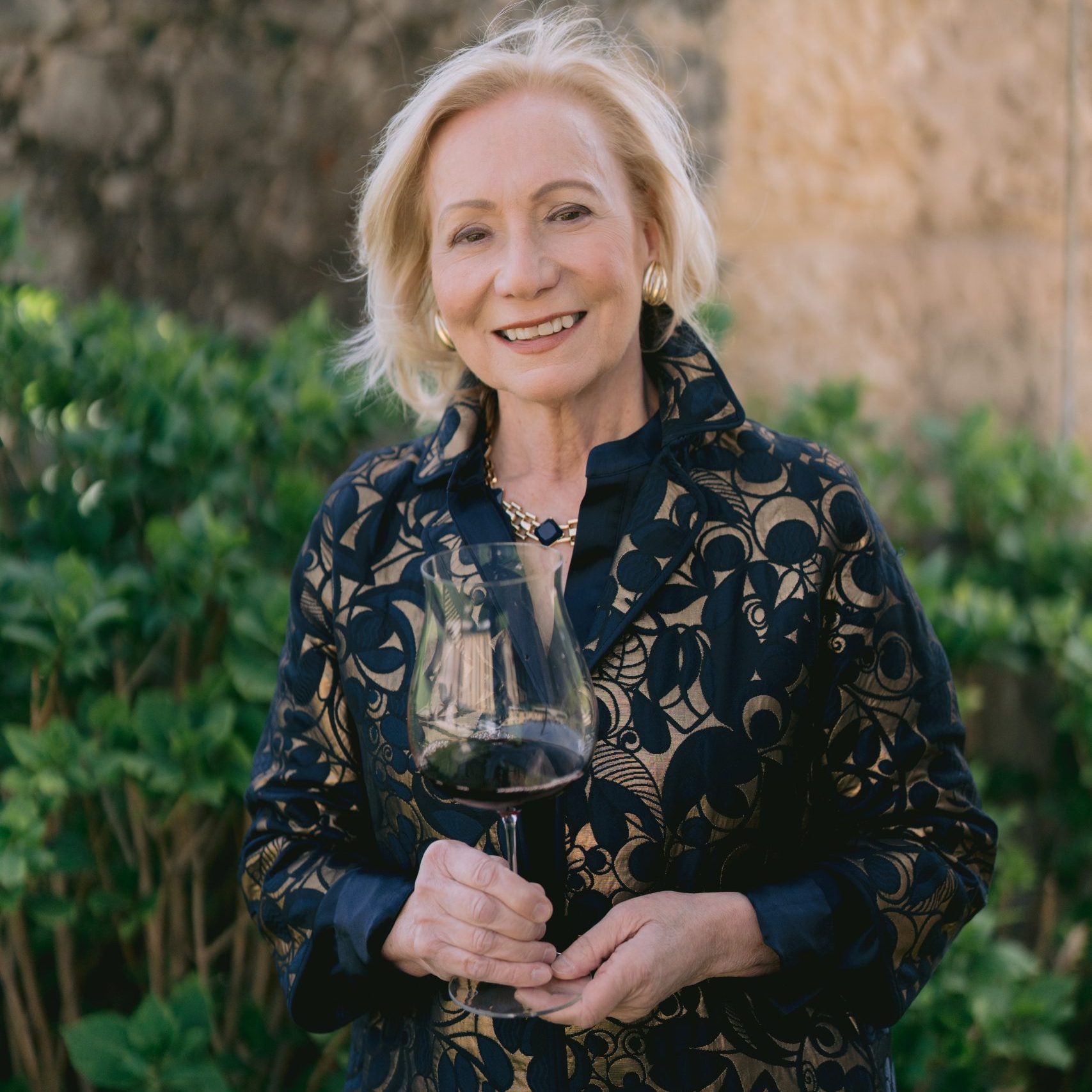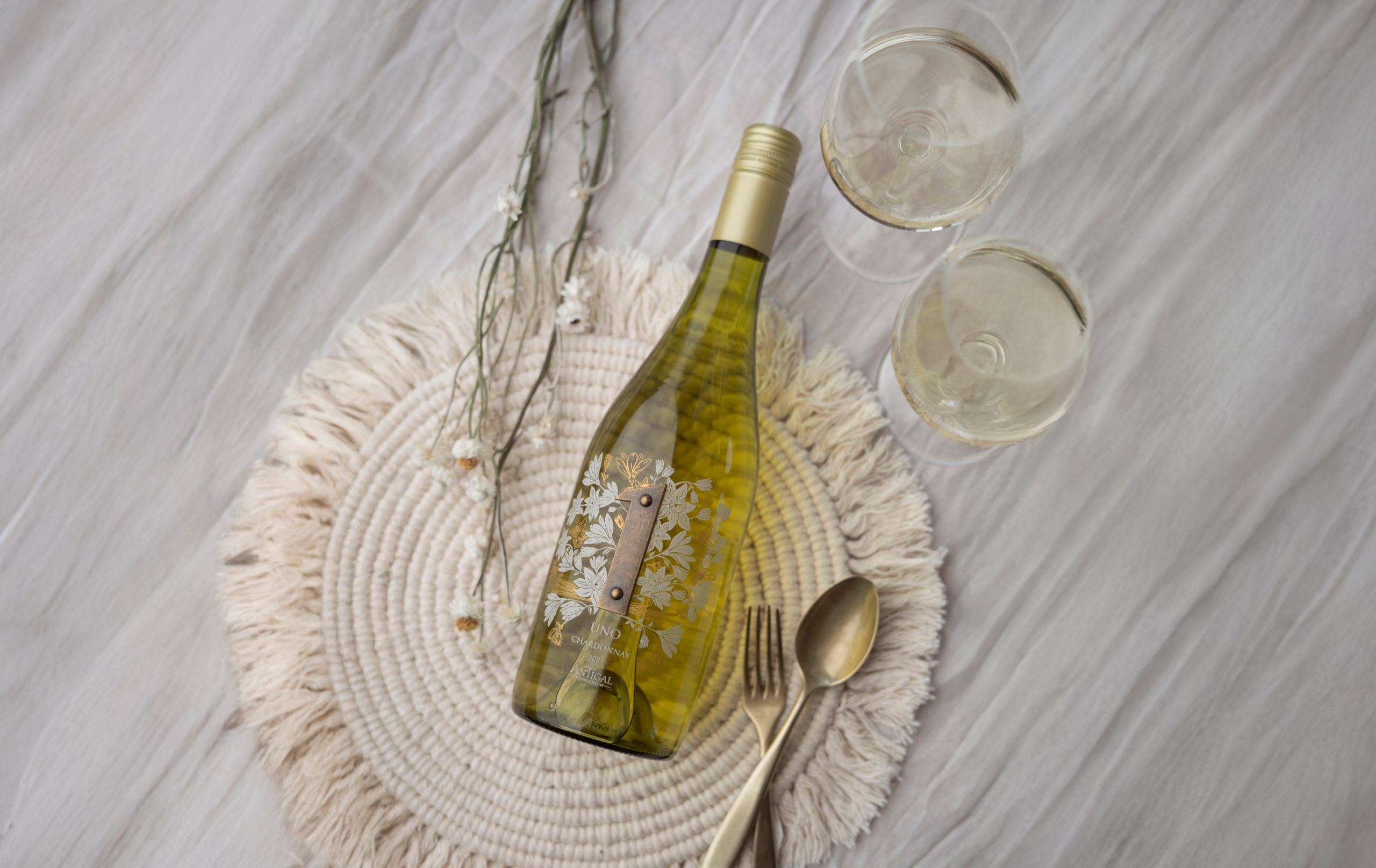Jose Cuervo’s sales prove Tequila is the hero of lockdown
Coronavirus has ravaged this year’s profit prospects in the drinks sector. However, major global players such as LVMH, Diageo, Pernod Ricard and Brown Forman have recently all reported better-than-expected results for the July to September quarter. The extremely cautious forecasts that were sounded in the run up to Christmas may not be as awful as initially feared.
But Becle, the Mexican company whose flagship brand is Jose Cuervo Tequila, has outperformed everyone with soaring results for the third quarter. Wall Street analysts called the figures both “outstanding” and “amazing” when they were announced on Friday.
Compared with the July to September quarter in 2019, net global volumes in the three months grew by 26% and tequila shipments rose by 28% to 3.38 million cases. The growth, led by Jose Cuervo, sent Becle’s share price up by nearly 10% to an annual high of $2.30.
Juan Domingo Beckmann, the chief executive, attributed the results to the strength of the company’s brands, notably Jose Cuervo, strong demand and robust cost control. He also highlighted the company’s strength in the burgeoning ready to drink sector, especially in the USA and Canada.
North America accounts for two thirds of Becle’s volumes and 72% of net sales. In the quarter volumes there grew by 51% to 4.4 million cases. Overall sales in the off-trade soared by 32% compared with 2019 and against industry average growth of 22%.
This was driven by the on-premise shut down and the consequent switch to home consumption, which generated a 35% jump in demand for Becle’s tequilas.
Globally, sales of Jose Cuervo gained 28% to 2.3m cases Demand for RTD lines in the US more than doubled, especially the alcohol-free margarita mix. As a result, Becle could not keep pace with orders, a problem it says is now resolved.
Much of the increase in demand for tequila, which represents more than half of Becle’s global sales, reflected the surge in the category which has been evident for several years, a trend which has been accelerated by the switch in consumption patterns due to coronavirus.
Mike Keys, the head of Proximo, Becle’s US affiliate, thinks that apart from the switch among US drinkers to spirits in general and tequila in particular, the demand surge could be partly due to the fact that tequila is a very easy main ingredient to use in home-made cocktails and that it has a “reputation as a healthy cocktail choice”.
During the lockdown, he said, US consumers were buying in larger units and favouring larger, better known brands at the expense of craft products, some of which were struggling.
With the global outlook on coronavirus being so uncertain, Mr Keys said he was planning for the current on/off trade sales pattern to continue, but the sort of growth rates it had experienced in tequila, where Jose Cuervo is global brand leader, were unlikely to be sustainable once the pandemic receded. Nevertheless, he said: “We are having a very good year”.
Even so, Mr Beckmann would not offer a forecast for trade in the run up to Christmas.
Partner Content
However, Mr Keys seemed bullish. “We were outperforming the competition pre the pandemic and we continue to do so”, he said. “The pandemic closed some opportunities (in terms of brand promotion and development) which are now reopening. In the short to medium term consumer behaviours will not change.”
While companies are cagey about giving figures directly comparable with rivals’ performance, the growth of the global tequila market is underlined by looking at how Jose Cuervo is performing today compared with 2013.
That was when the Beckmann family took back its global distribution rights outside Mexico from Diageo.
It its full year to June 2013, Diageo sold 4.7m cases of Cuervo worth £305 million. In the latest quarter alone Becle’s total sales of all products in the US and Canada alone totalled 4.36m cases, approximately two-thirds of which were tequila. Worldwide it sold 2.25m cases of Jose Cuervo plus 1.1m cases of other tequilas.
So in the latest three months the company’s Jose Cuervo sales equated to more than half of the volume Diageo sold (outside Mexico) in 12 months just eight years ago. And Diageo is no slouch. Then Cuervo accounted for some 3% of its sales and the British group was very keen to cash in on what it saw as the coming tequila boom by owning the brand leader.
As a distributor Diageo earned far less from Jose Cuervo than it would as an owner. Small wonder that Diageo wanted to buy the brand from the Beckmanns and that they declined to sell it.
The price offered was rumoured to be $3bn with the Beckmanns said to want $500m more. With no deal, the distribution arrangement ended in 2013 with a swap of consolation prizes, Becle taking Bushmills Irish whiskey and Diageo the 50% of the Don Julio luxury tequila it did not own.
Since then Diageo has poured millions into making Don Julio one of the fastest growing brands in the tequila sector and also spent up to $1bn on buying the super luxury Casamigos brand from George Clooney and his partners.
In its annual figures to June 30 this year, Diageo said its tequila net sales grew 36% with both Don Julio and Casamigos enjoying “strong double digit growth”. Their organic volumes were up by 21% and 61% respectively despite the effects of coronavirus.
And if further evidence of the tequila boom were required, the drinks business reported only last week that the Mexican authorities recently seized and destroyed 199,000 litres of bootleg “tequila” in part of an ongoing drive to protect consumer health and the designated appellation.
Fakers are never slow to spot a burgeoning and profitable market.




